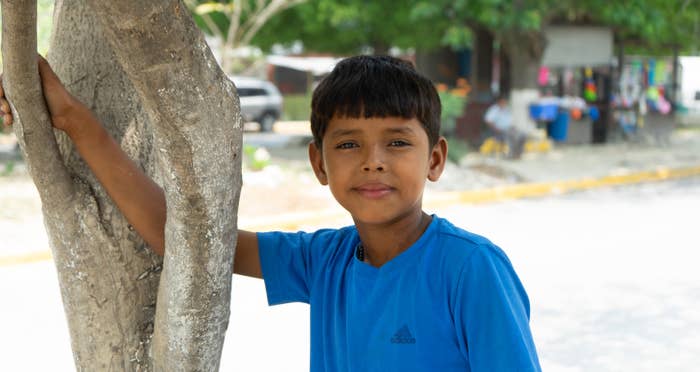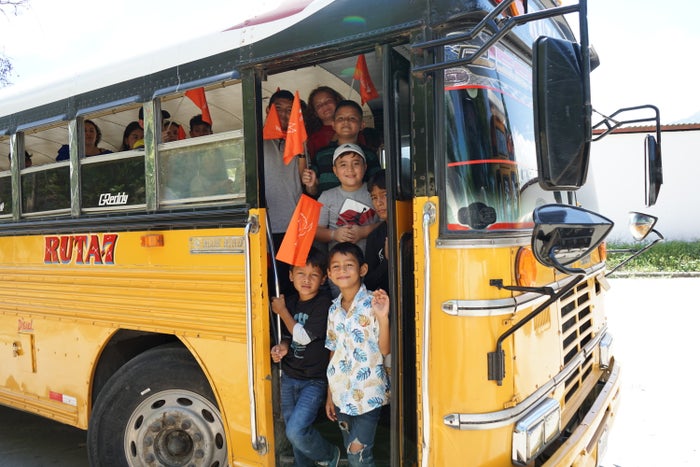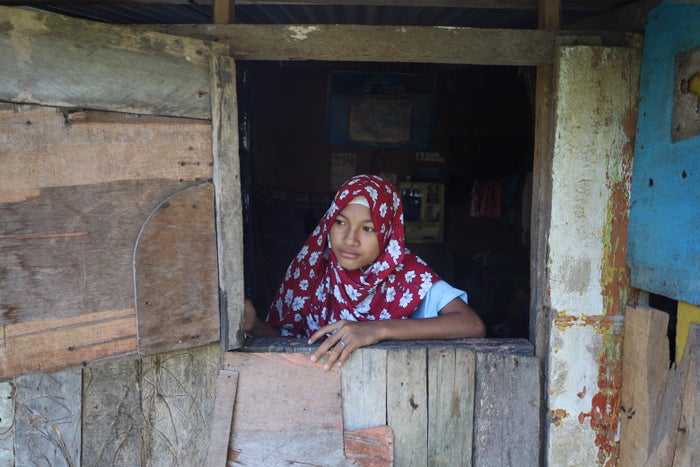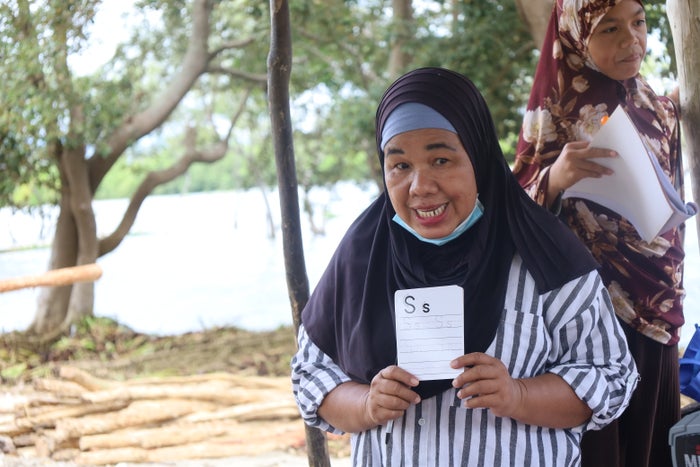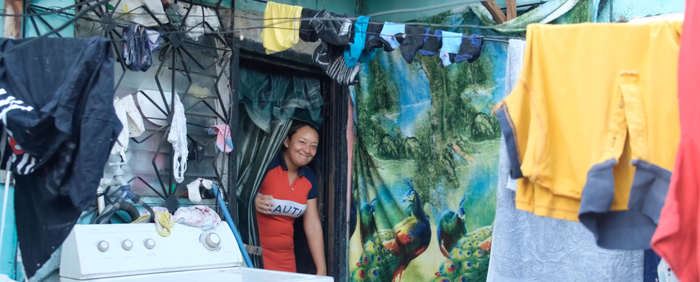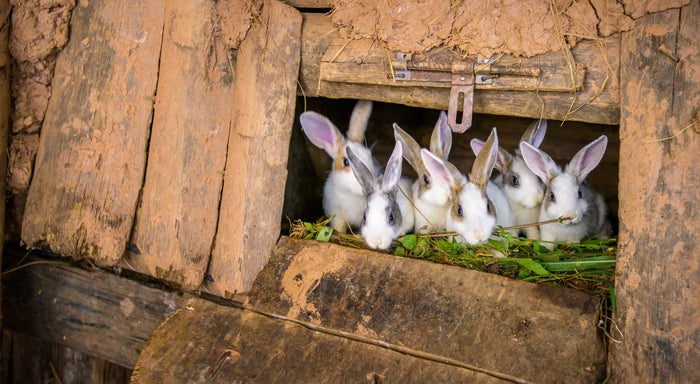For child protection, there is no imagery of peace club group activities or homework clubs in this story
"Should I join the gangs?" Your gift is helping Honduran girls and boys say, 'No!'
One amazing story, told through four different lenses.
Meet, Nahum, Samantha, Miriam and Chulo
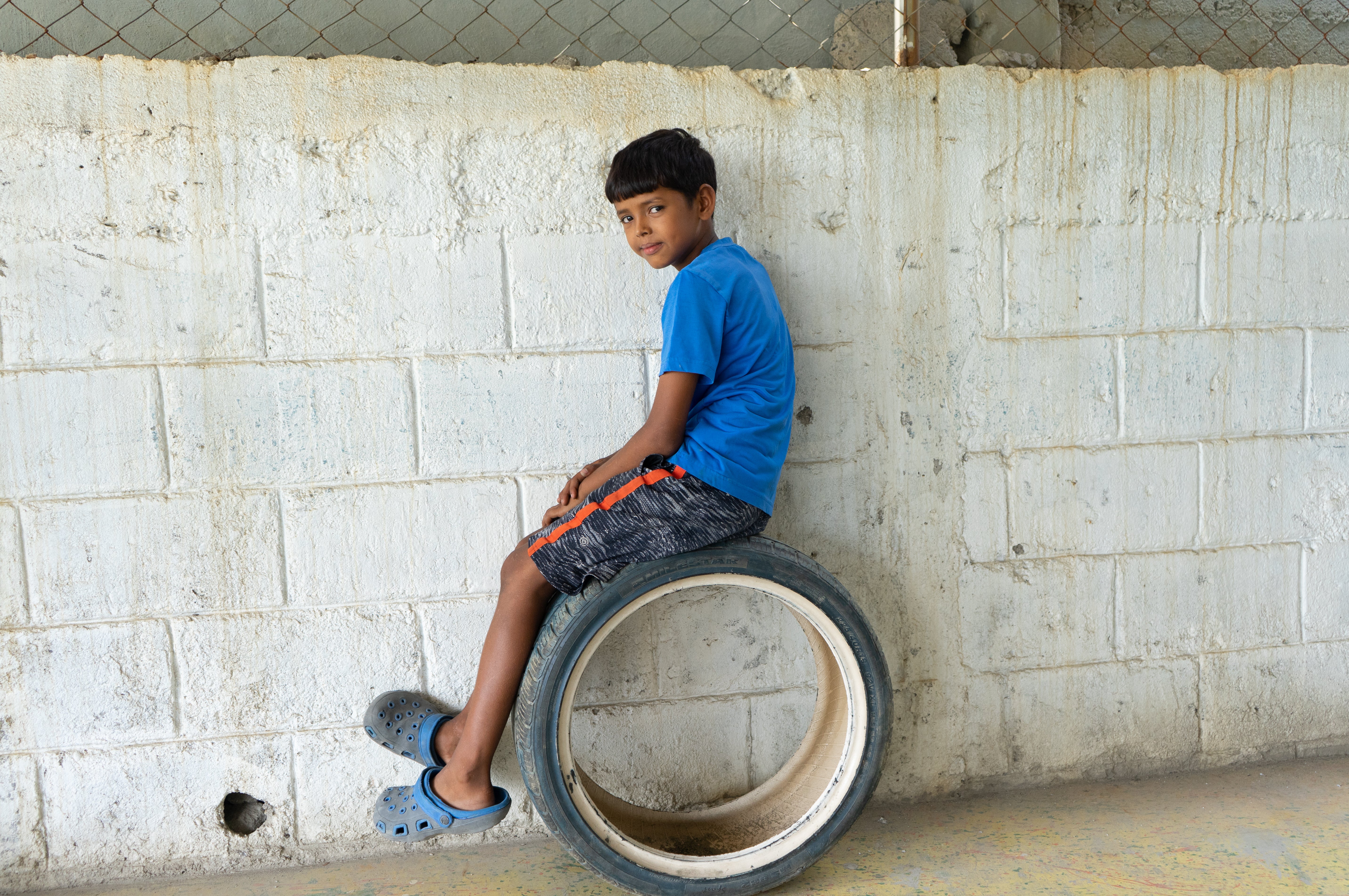
Chulo is 11 years old and determined to build a life beyond the gangs.
Susana Garcia Ventura
Nahum — a field technician of the Childhood Rescue Project
Right now we are heading towards La Pradera Community.
La Pradera is one of the communities with the biggest presence of organized crime.
One of the kids that has suffered the worst is Gerson.
From very early on his nickname was “Chulo”, he is a really charismatic and happy kid.
Throughout the project, we have supported him via the 'Peace Culture' programme.
One of the topics that really impacted him was, “My name is really important.”
Because he was known as Chulo, no one knew his real name.
We found out his real name, it is, Gerson.
It is a beautiful name, and now he values his name and he has made it his own.
In La Pradera there are a lot of zones.
One of the sectors is known as 'The Gangster' sector, and this is where Chulo and his family live.
Here, the younger kids are preyed upon and join these gangs.
Chulo is one of the kids that doesn't miss a day at the community outreach centre.
The programme activities have helped Chulo become more disciplined and a kid that is really known in his community.
Known not just for what he suffered but because of his capacity to learn and do new things.
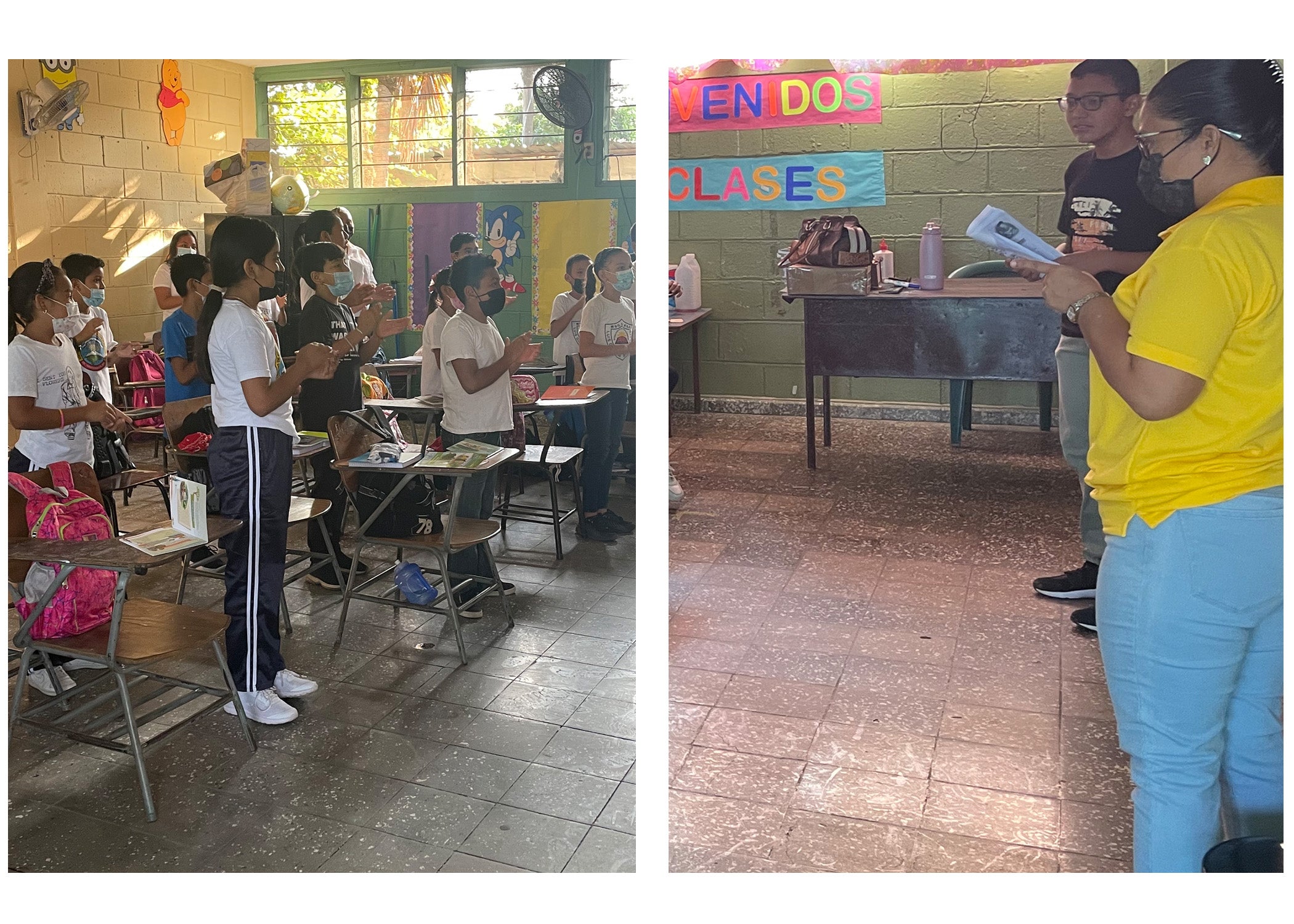
The Honduras team has developed a 'peace culture' curriculum and teaching methodologies to support local schools and community centres in teaching practical peace-making, values and self-awareness to children. The resources also include stress management support for teachers and school administration. This photo is an example of a values class that Gerson & his sister Samantha would attend via the community outreach centre.
Susana Garcia Ventura
Samantha — Sister to Gerson and computer extraordinaire
What I like about this place is that I feel safe.
I receive care here.
At home, I don’t receive a lot of caring.
My mom doesn’t live with us.
My dad works to support us but it is hard for him to receive money.
And thanks to this place, I’ve learned a lot of stuff.
What I also like is that we can do our homework (on the computers), like they ask us to at school.
We can ask anything (from school homework) to Miriam (Raw Hope Community Leader) and she helps us.
Here they teach us things I didn’t know about.
For example, I did not know what a computer was.
I don’t have a computer, I come here and Miriam lends us the computers.
We started computer lessons, they teach us everything that is good.
We spend time here and we all eat together.
I feel really safe.
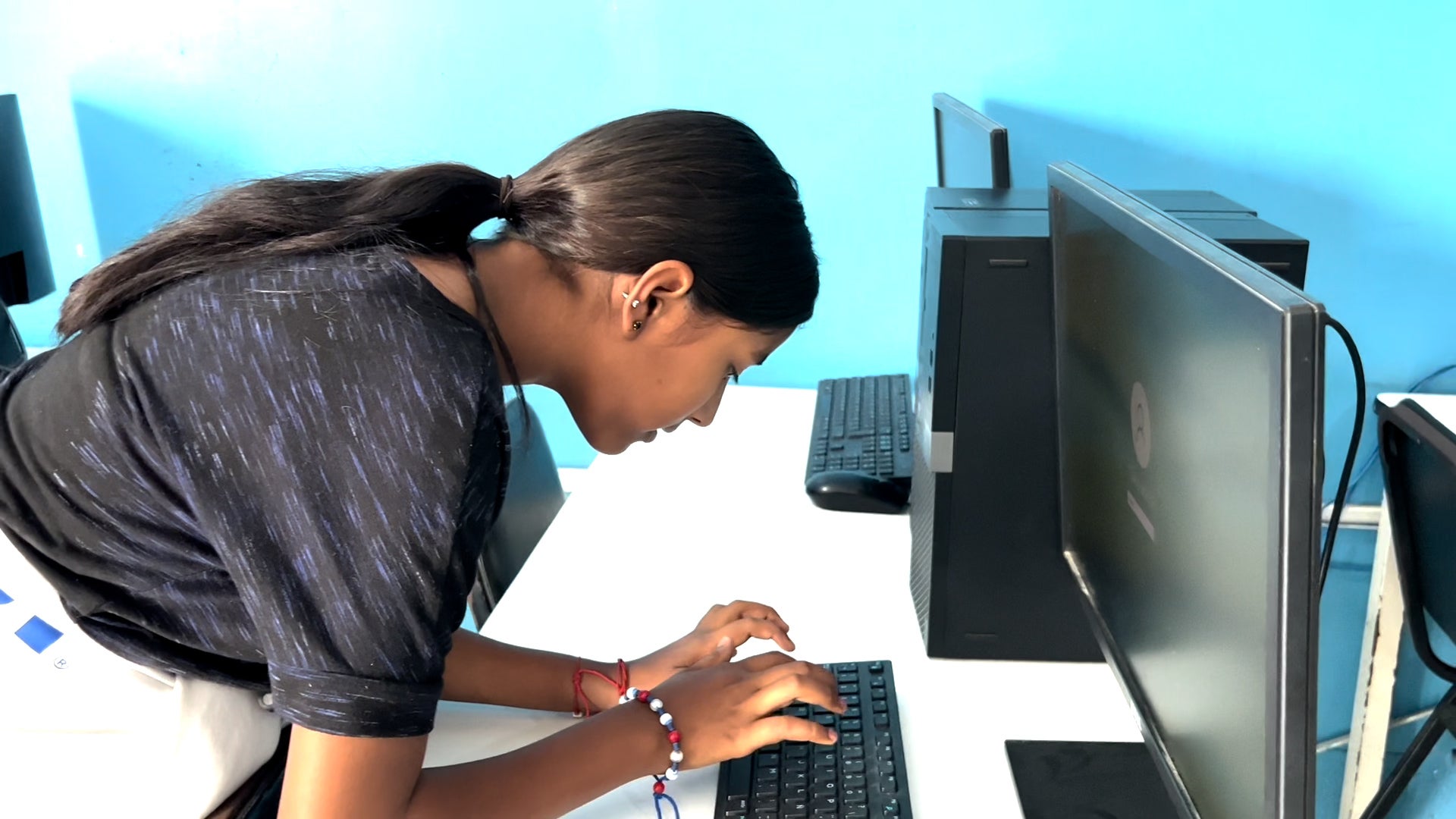
Access to technology and the ability to do homework with added support makes a major difference to children who have no other alternatives. Here Samantha logs in to one of 12 computers in this lab where students learn and do homework each afternoon, in a safe place... they also eat a meal together before going home.
Miriam — Coordinator of Centro de Alcance de La Pradera
My name is Elsa Miriam Velasquez.
I coordinate the Committee of Protection and Welfare for boys, girls and youth of La Pradera Community.
We help different kids with different trainings, in particular, we helped Gerson Maldonado.
Affectionately we call him “Chulo”.
In the morning he goes to his school, and in the afternoons he comes here, so we can support him in his studies.
He has no support from his parents.
He was a kid that the gangs could take because he didn’t have any support.
Because he has been in 'value' workshops he tells me...
“I’m not going to be like them.”
A few months ago the gangs killed a person in the community.
A 17-year-oldl and he saw how they took her life, he told me,
“I don’t want to end up like this.”
“Please support me so I can learn more.”
In the “Centro de Alcance” (outreach centre) his mind has changed, and so too, have many other boys.
If we weren’t here in the community, I think we would have already lost him.
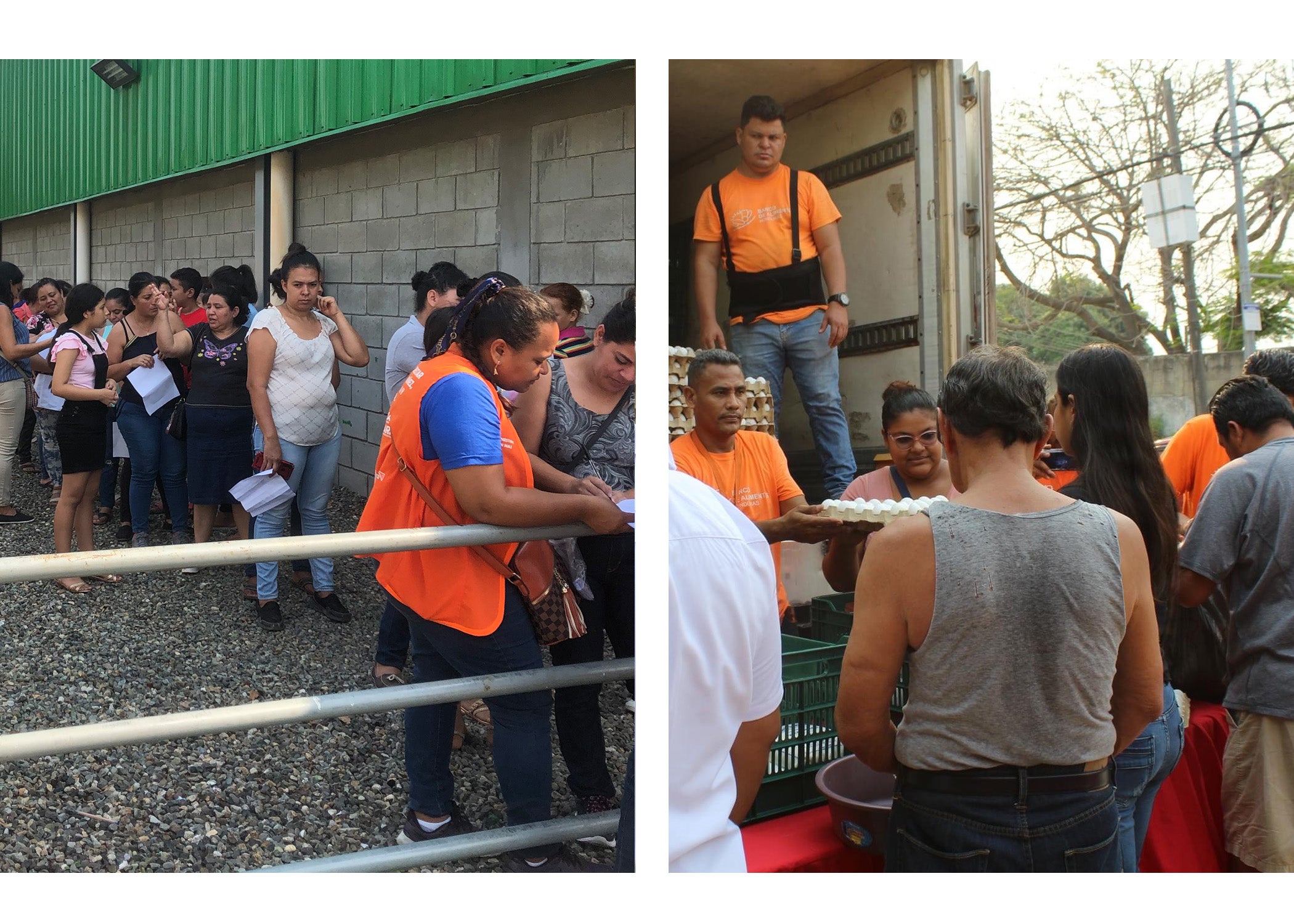
Two separate food distributions, one for packaged food kits and another for fresh delivery of eggs and dairy. When children are fed at home it lessens the need for them to go to work. Working children are extremely vulnerable to exploitation and gang recruitment. Partnerships with the Food Bank of Honduras and any local food outlets mean our teams can help families feed their children. Integrated program approaches are necessary to help build peaceful homes and communities, tackling food insecurity and hunger is vital to the protection of children's futures.
Susana Garcia Ventura
> Gerson aka Chulo — Raw Hope program attendee
My name is Gerson David Maldonado and I’m 11 years old.
When I met Miriam she brought me here (community outreach centre).
And when I saw everything that was here, I said, “Wow, so beautiful.”
World Vision has done everything for us.
We didn’t have any school supplies, they bought it for me, they bought me a backpack.
Notebooks, pencils, colors, and right now they gave me more food supplies.
“Miriam has taken my hunger out.”
(Figure of speech meaning: to not let him starve, and gave him food.)
When I was 9 years old, we played football here, and we had a little tournament.
And we won.
That’s my happiness, that we won!
Comms official asks — "So you have made friends, how many friends have you made?"
A lot, almost all know me here now.
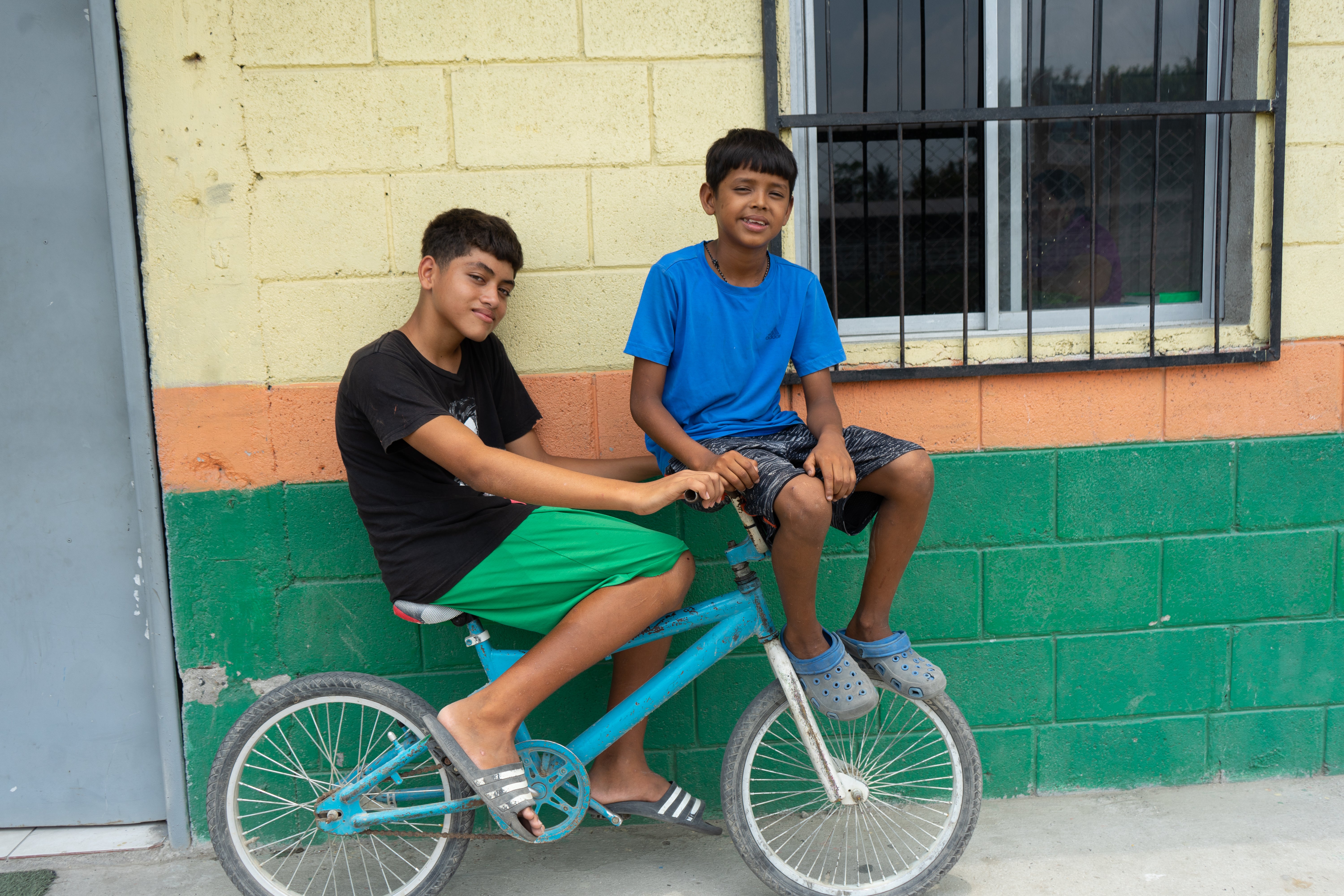
Once known by the community as an abandoned young boy, Gerson is now known by the community for the change in him, his ability to learn and his belief in his future beyond gangs. Many young boys are given genuine alternatives through the peace culture and value programs and safe spaces to hang out and be children.
Susana Garcia Ventura
World Vision works to prevent all forms of violence against children by addressing root causes of violence against girls and boys. Wolrd Vision works to empower key actors to work together to create a protective environment that cares for and supports all children, especially the most vulnerable.
Facilitating and resourcing community outreach centres in some of the most violent communities in Honduras has many challenges, but through it all these programs are changing the lives of girls and boys in San Pedro Sula.
Your gift gives children like Gerson and Samantha real possibilities for life beyond gangs and their current circumstances.
In some of the world's most dangerous places, Raw Hope works to ensure the opportunity to feel safe and build a peaceful future is available to all children.
What can I do?
Here's two ways for you to go a little deeper.
- 1
Donate
Every gift makes a difference. Our Childhood Rescue fund helps children living in the world’s most dangerous places.
Donate Now - 2
Share on Social Media
Raising awareness is vital. Help make people aware of the situation and the difference we can make, together.
